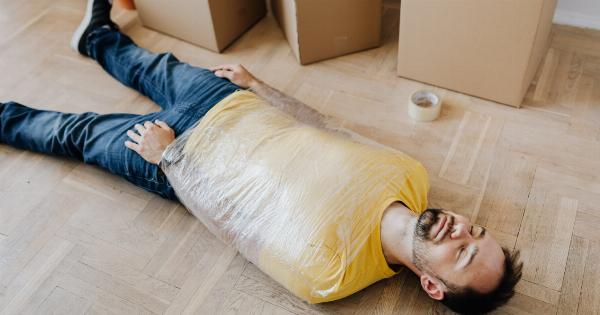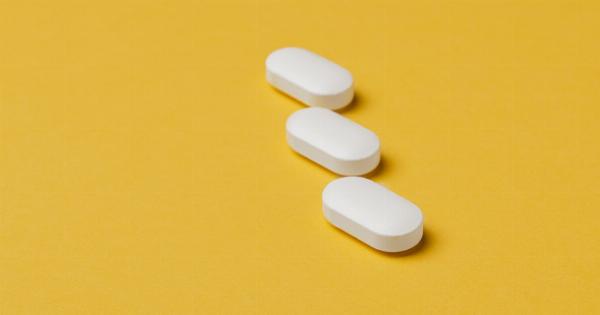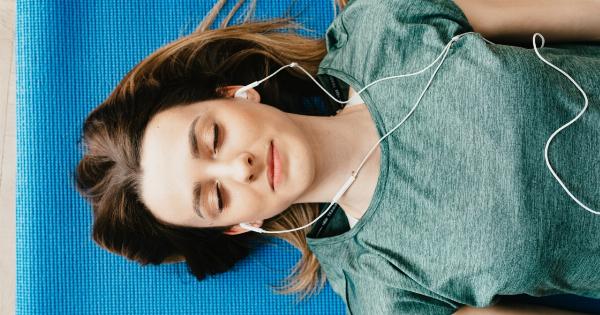Sleep is one of the most important factors to keep us healthy. It helps our body and mind to recuperate, prepare for the next day ahead, and avoid health issues.
But have you ever thought about how many hours of sleep you’ll lose during your lifetime? Does lack of sleep mean you’re guaranteed to a shortened life? Read on to find out the answers to these questions.
What Happens When We Don’t Get Enough Sleep?
Before we calculate how many hours of sleep you’ll lose by the end of your life, let’s talk about the effects of not getting enough sleep. When we don’t get enough sleep, our body and mind are adversely affected.
Here are some of the ways it can impact our lives:.
1. Negative Effects on the Brain
When we don’t get enough sleep, our brain doesn’t process information as effectively, making it harder to concentrate and impairs our cognitive abilities. A lack of sleep can also lead to depression, anxiety, and other mood disorders.
2. Increased Risk of Chronic Diseases
Lack of sleep is linked with an increased risk of chronic diseases, including heart disease, high blood pressure, diabetes, and obesity.
This is because not getting enough sleep can lead to an imbalance of hormones in the body, which can affect metabolism and other bodily functions.
3. Weakened Immune System
During sleep, our body regenerates and repairs itself. When we don’t get enough sleep, our immune system is weakened, making us more susceptible to illnesses and infections.
4. Impaired Physical Coordination
Lack of sleep can affect our physical abilities, including motor coordination, reflexes, and balance. This can put us at risk for accidents, injuries, and falls.
How Many Hours of Sleep Do We Need?
The amount of sleep each person needs varies depending on their age, lifestyle, and health. However, the National Sleep Foundation recommends that adults should aim to get 7 to 9 hours of sleep per night.
Children and teenagers require more sleep, with infants needing up to 16 hours per day.
Calculating How Many Hours of Sleep You’ll Lose by the End of Your Life
The average human lifespan is roughly 79 years and the recommended daily sleep cycle is 7-9 hours for adults. Let’s take 8 hours as the baseline and do some simple calculations:.
8 hours of sleep per night x 365 days per year = 2920 hours of sleep per year.
2920 hours of sleep per year x 79 years of life = 230,680 hours of sleep in a lifetime.
Now let’s calculate the amount of time we’ll lose due to various factors:.
1. Insomnia
According to the American Sleep Association, approximately 30% of adults experience insomnia. If you have difficulty falling asleep or staying asleep, you could be losing up to 2 hours per night.
Over the course of your lifetime, this could add up to roughly 9 years of lost sleep.
2. Sleep Apnea
Approximately 25% of men and 10% of women experience sleep apnea. If you’re one of them, you could be losing up to 4 hours per night due to disrupted sleep. Over a lifetime, this amounts to roughly 16 years of lost sleep.
3. Shift Work and Jetlag
If you work night shifts or travel frequently across time zones, your sleep cycle could be disrupted. On average, 4-5 hours of sleep are lost every week due to such lifestyles. Over a lifetime, this amounts to roughly 4 years of lost sleep.
4. Parenting
If you’re a parent, you might already know that babies and young children require more sleep than adults. This means that new parents can expect to lose up to 6 hours per week due to nighttime wakings.
Over a lifetime, this amounts to roughly 3 years of lost sleep.
5. Environmental Factors
Noise pollution, light pollution, and discomfort are just a few examples of environmental factors that can adversely affect our sleep cycle.
On average, individuals could lose up to 20 minutes of sleep per night due to these factors, which amounts to roughly 16 weeks in a lifetime, or roughly 6 months of lost sleep.
The Final Verdict
It’s clear that there are many factors that can lead to lost sleep in our lifetime. From insomnia and sleep apnea to parenting and environmental factors, we can expect to lose several years of sleep during our lifetime.
However, by making a few lifestyle changes and seeking medical help where necessary, we can work towards avoiding these factors and ensuring a good night’s sleep for the rest of our life.































